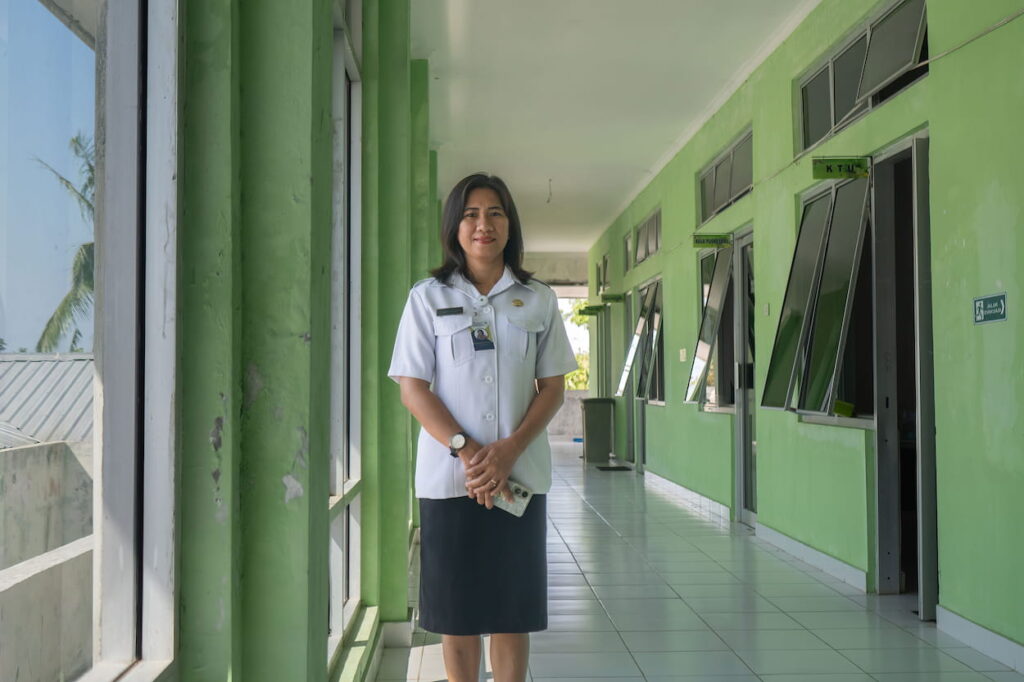
Unlike many nurses and midwives, Masri Ndoen’s path to becoming a midwife was anything but expected. Cajoled by her friends to tag along as they took the entry exam for nursing school, Masri decided to take the test herself—and was the only one among her friends to pass it. That paved the way for a career in midwifery that would eventually lead her to a position managing a community health care system.
As the leader of the Batakte Community Health System, she oversees the delivery of primary health care to around 20,000 Indonesians in the West Kupang subdistrict. Using her almost three decades of experience as a midwife, Masri leads 80-plus primary health care workers—from general practitioners and dentists to midwives and nurses—who work in 54 community-based health posts and outreach centers, including the main community health center, smaller village health centers, one-room maternity huts and integrated service posts that are scattered across the region.
From Village Midwife to Health System Leader
Masri started her career as a village midwife, attending to pregnant women, mothers and babies, preparing for safe and healthy births and delivering quality postnatal care. Now, she spends her days making sure the 54 community-based health posts and outreach centers that are part of the Batakte Community Health System provide quality health services to all who need them—such as the steady trickle of more than 2,500 clients who visit the Batakte Community Health Center each month (10–15 of whom are women coming to the facility to give birth). Client satisfaction is key for her.
The educational background and experiences I have had as a midwife help me understand issues from both sides. It makes me feel like there’s a calling for me to make sure this health center provides satisfactory services to the clients.”
Masri Ndoen
The Indonesian government is helping her do that. As part of a new focus on strengthening the country’s primary health care services, it has identified two main areas of focus for health centers like Masri’s: facility-based care and community-based care.
Morning Management Is Key
Masri’s mornings are often dedicated to the community health center. By 7:30 a.m., she’s already started her 20-minute drive to the center to arrive for a daily briefing with her team. Then she checks in on clients and different service providers, hearing about any triumphs or challenges they have experienced. If Masri’s team doesn’t feel supported, their services start to suffer.
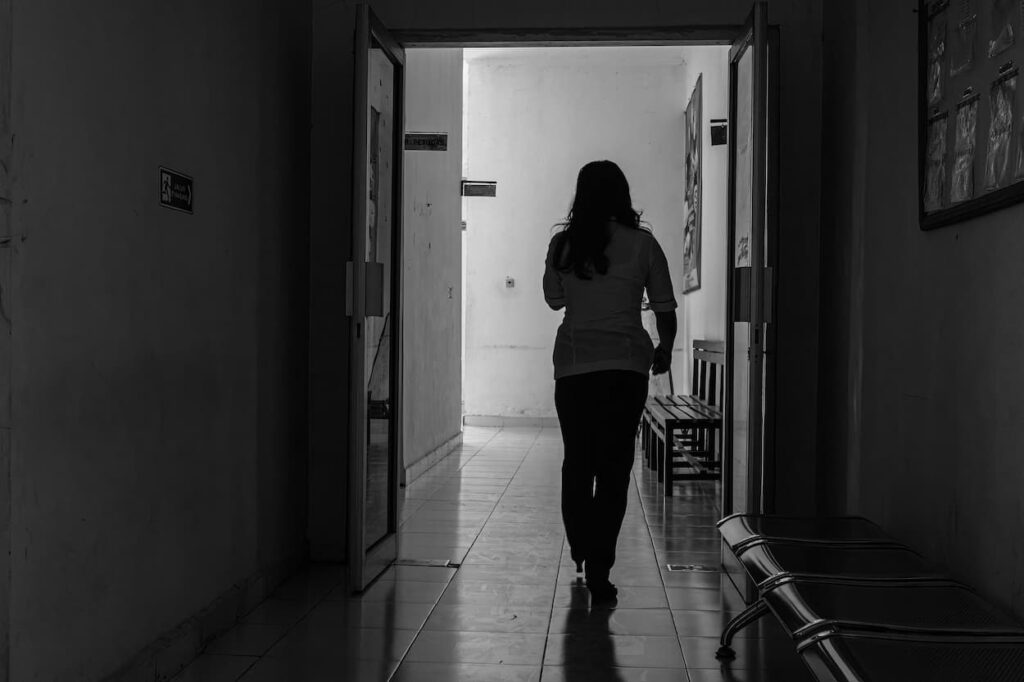

When she first arrived at the Batakte Community Health Center 18 months ago, Masri received a lot of feedback from her team that they needed more support. She immediately made some changes, including shifting the health center’s schedule.
“I understand that most midwives and nurses here are housewives, and they have a lot of things to do in the morning, including preparing food for the family and preparing children to go to school,” says Masri. “I chose to start the day at 8 a.m. so they have time to do those things in the morning.”

She also recognized major gaps in health worker performance and a lack of data. “We needed to assess ourselves and make improvements,” she says. “So I requested that all staff record their quarterly work and performance and write regular reports. They are now mastering the data and are able to answer questions about their work.”
Masri has implemented these changes with help from the U.S. Agency for International Development-funded MOMENTUM Country and Global Leadership project, led by Jhpiego. The project provides facilitative supervision, feedback, assistance and training for staff at Masri’s health facility.
“With facilitative supervision, the health workers built their skills back up,” says Masri. “Now (the health workers) take the initiative to conduct routine emergency drills every two weeks and we review data and performance every morning.”
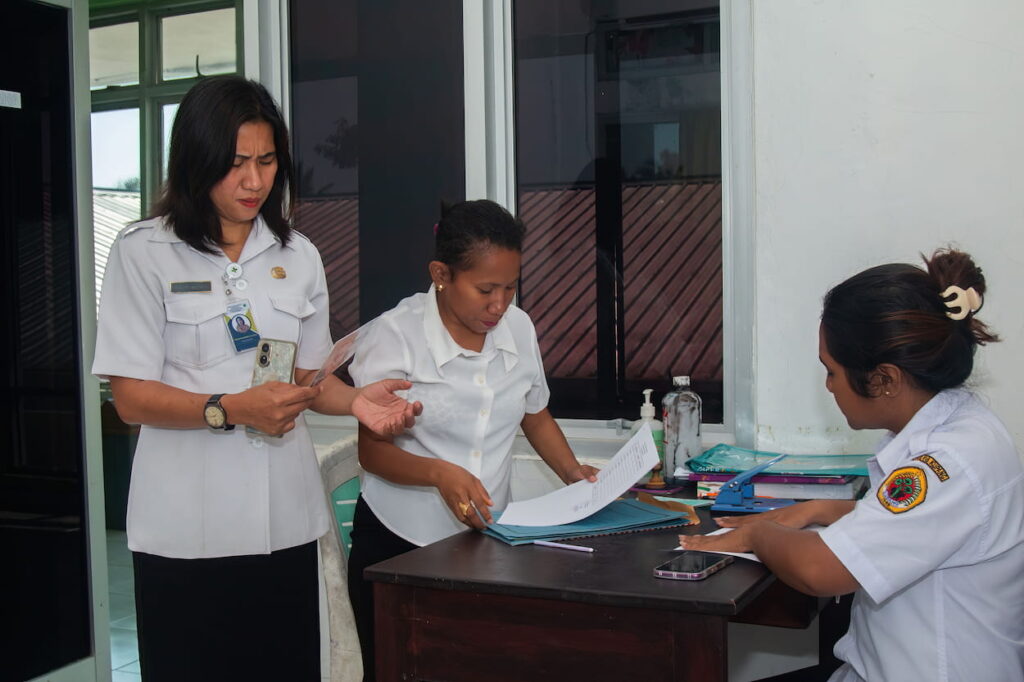
A Commitment to Community Health
After she’s spent the morning in the Batakte Community Health Center, Masri dedicates her afternoons to her community. On any given afternoon, she and her team are checking in on the sub-health posts, in schools championing health counseling, conducting regular screenings of the elderly for noncommunicable diseases, monitoring clean water and basic sanitation practices, and checking in on pregnant women and their children—weighing toddlers and providing meals for those who need them.
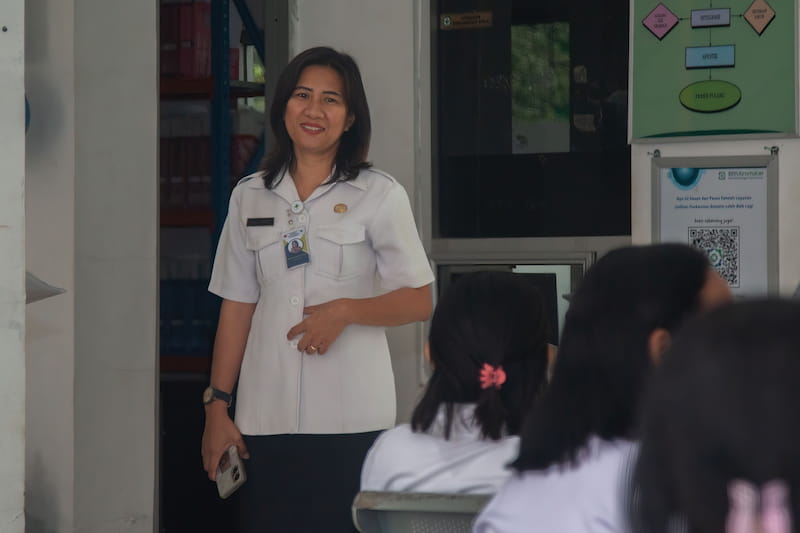
Since Masri arrived at the health facility, she’s made a point to engage with the community in her care routinely. Every Friday she creates space for the community to come together and talk about their health, whether at sports events, breakfasts with different villages and schools, or neighborhood clean-up activities. Masri also attends monthly coordination meetings with representatives from across the subdistrict, holding them in different villages to engage with members of each community.
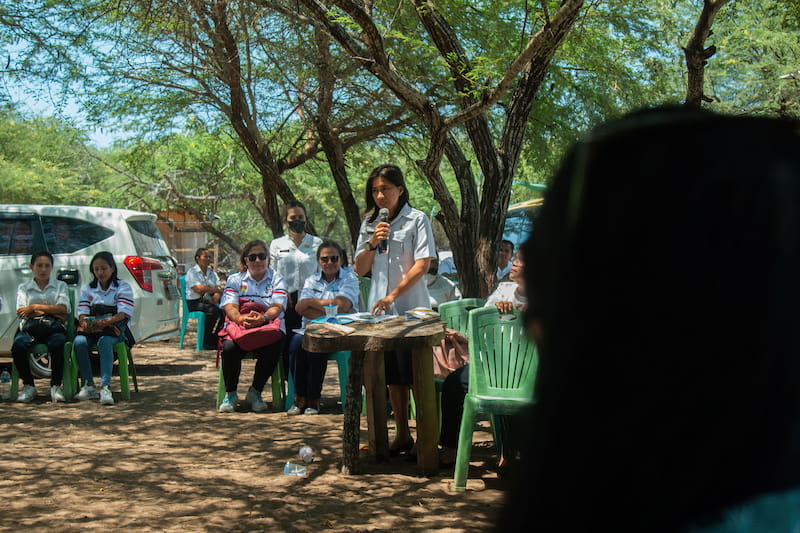
“Ultimately, our goal is to create a healthy community,” says Masri. “But we can’t achieve that without actively involving the people we serve. There needs to be efforts made by and through the community itself so we can all reach our shared goal.”
Chantelle Allen, RN, Senior Technical Advisor, Health Systems Quality at Jhpiego, provided a technical review of this story.
Ester Lucia Hutabarat is a Senior Communications Specialist for Jhpiego Indonesia. Katherine Seaton is a Communications Manager for Jhpiego.
Photos by Agusto RH Dominggo Bunga



